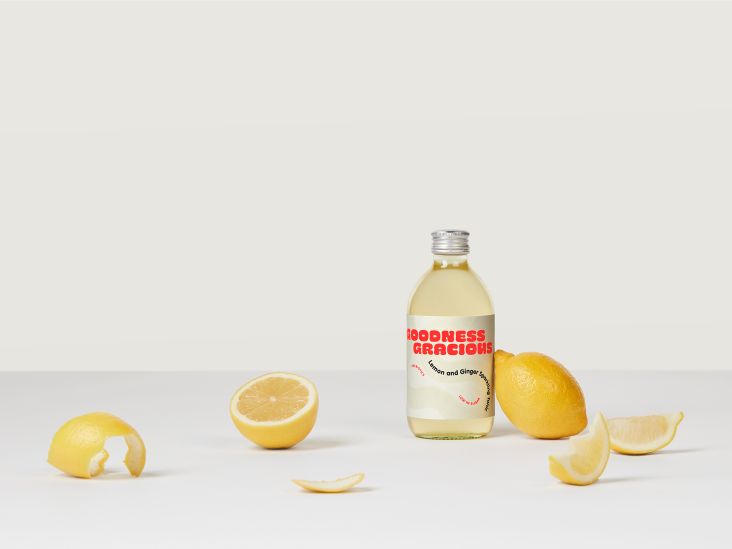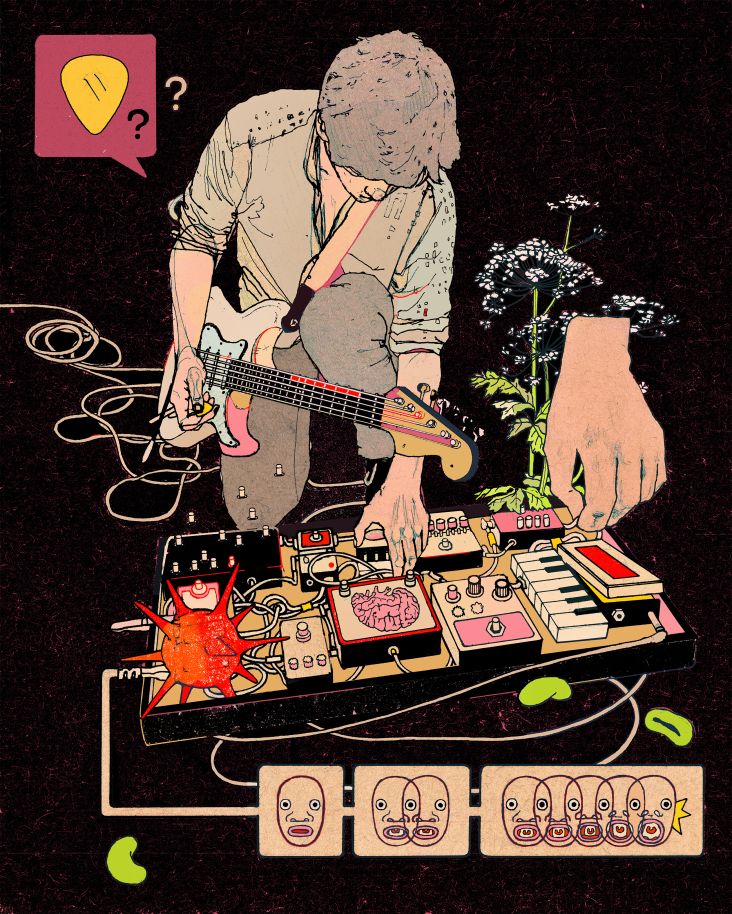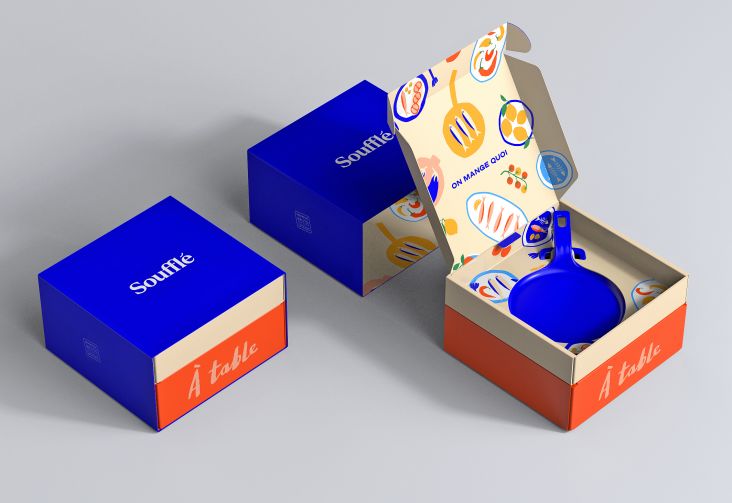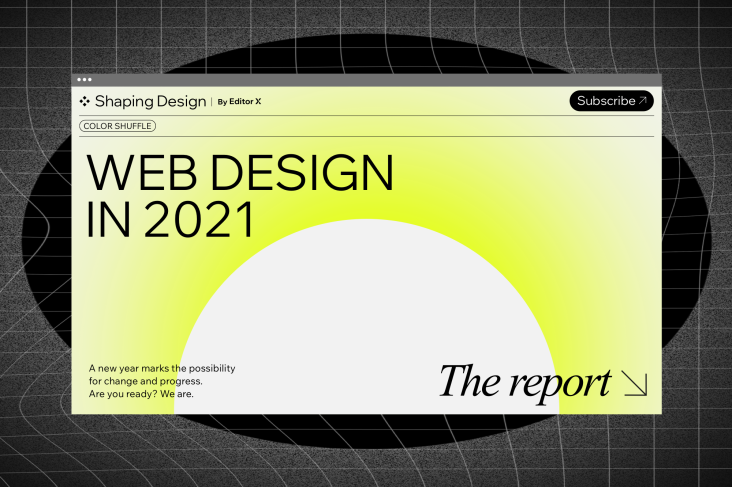Why every creative needs a mentor, and how to get one
It doesn't matter how talented you are; no one knows everything. So getting a mentor is a crucial part of any career.

Image licensed via Adobe Stock
Created knows a lot about this topic, as an academy that offers expert mentorship as part of its courses. So for this article, we've teamed up with Created to reveal everything you need to know about getting mentored.
What is mentorship?
A mentor is a person who's a few steps ahead of you in their career, and who can help guide and advise you. Crucially, they can share insights from the real world of design that you often don't get from purely theoretical courses.
So, for example, you can learn Photoshop from online tutorials. But are you learning the right things? A mentor can point your focus towards the features of the software that are actually used daily in studios and help you parlay those skills into creating the kind of creative work employers are crying out for.
Of course, this is not a small ask. A good mentor has to be both a passionate creative who's recognised for the quality of their own work, and a good communicator with the relevant skills and experience to help you specifically.
You might think getting a mentor is only important when you're starting. But mentor relationships typically take place at every level, with everyone from entry-level designers to company directors benefiting from them.
Why is mentorship important?
Mentorship is important for many different reasons. The most obvious is that a mentor can give real-life, practical advice that could save you months, or even years, of making bad career choices that leave you stuck in a rut.
Remember, too, that this is not a passive relationship but a two-way relationship. That means you'll get honest and direct answers to specific questions that are troubling you; some of which you may be embarrassed to ask of other people.
Crucially, with a mentor, you get a different perspective on your work, from someone who knows from personal experience what you're trying to achieve. And in a profession prone to introspection, imposter syndrome and overthinking, that can be gold dust.
Finally, whether you're in the early stages of your career, or at an important career juncture, it's often difficult to see the wood for the trees. So whether you're looking to get an internship in a motion design studio or struggling to make it as a UX designer, having someone aspirational to talk to - who's already reached the point you want to be - can really give you a positive and optimistic outlook.
How to get a mentor
The million-dollar question then, is how do you actually find a mentor? Well, the first thing is to have a long think about what you actually need. For example, this might be specific career guidance, help with technique, or an inspiring role model to emulate. Once you've identified these goals, it should be relatively easy to think who your ideal mentor might be.
With that in mind, start making a list of studios you admire, and email or DM them. Tell them a little about yourself, that you're looking for a mentor, and ask who the best person would be to speak to. Be concise, courteous and clear. This is generally a friendly industry, so even if people can't help directly, you'll probably get a nice response and may get pointed in a more productive direction.
A more formal and predictable way of getting mentored is when mentorship is automatically provided as part of a training course. That's the case at Created Academy, which offers Foundation and Pro courses in UI Design, UX Design and Motion Design to creatives at all stages of their careers.
How mentorship works at Created
Students on courses run by Created are automatically assigned mentors, who are all professionals at the top of their game. Current mentors include London-based animation director, Jocie Juriz; 2D artist Sabine Volkert who's been freelancing since 2015; Joy Belaouchi, a London-based French multidisciplinary designer; film director and motion designer George Dyson; and BAFTA Award-winning animator and director Laurie Rowan.
Mentorship is provided in two ways. The first is dedicated, one-hour long group mentoring sessions, which take place throughout Foundation courses and during the first three months of the Pro courses. These sessions focus on dissecting and understanding the real-world briefs that form the core of Created's training. From your mentor, you'll get guidance and advice on approaching these briefs, receiving feedback on your work in progress, and discussing the technical design challenges you're facing as a group.
Secondly, in the last six months of the Pro courses, mentoring occurs on a one-to-one basis. Students find these sessions invaluable in applying what they've learned practically, to produce professional, portfolio-ready projects strike the right chord with employers. Brandon King is a Motion Design Professional graduate at Created, who says: "Mentoring proved invaluable throughout the course. As someone that had lost connection with design over recent years, mentoring was a lifeline when struggling technically, and a great springboard for my ideas."
For the mentor themselves, it's a great way to give back to the community and keep them inspired by the fresh ideas and creative energy of the students. "Simply put, my mentor helped turn my ideas into reality," says Xanthia Hallissey, a Motion Design Professional graduate of Created. "He gave me the tools to turn rough sketches into fully realised pieces. Now I have pieces in my portfolio I am happy to speak to recruiters about because they really feel like me."
Of course, what's good for the goose is good for the gander. In the words of Bill Gates, "Every successful business needs a great mentor" (his, was Warren Buffet). The people who run Created also have their own mentors: in the form of a board of industry heavyweights, who help direct and support the company's growth.
It's clear that wherever you are in your career, mentorship is vital. To learn more about Created courses and how they can help you get mentored, visit the Created website today.





 by Tüpokompanii](https://www.creativeboom.com/upload/articles/58/58684538770fb5b428dc1882f7a732f153500153_732.jpg)

 using <a href="https://www.ohnotype.co/fonts/obviously" target="_blank">Obviously</a> by Oh No Type Co., Art Director, Brand & Creative—Spotify](https://www.creativeboom.com/upload/articles/6e/6ed31eddc26fa563f213fc76d6993dab9231ffe4_732.jpg)
















